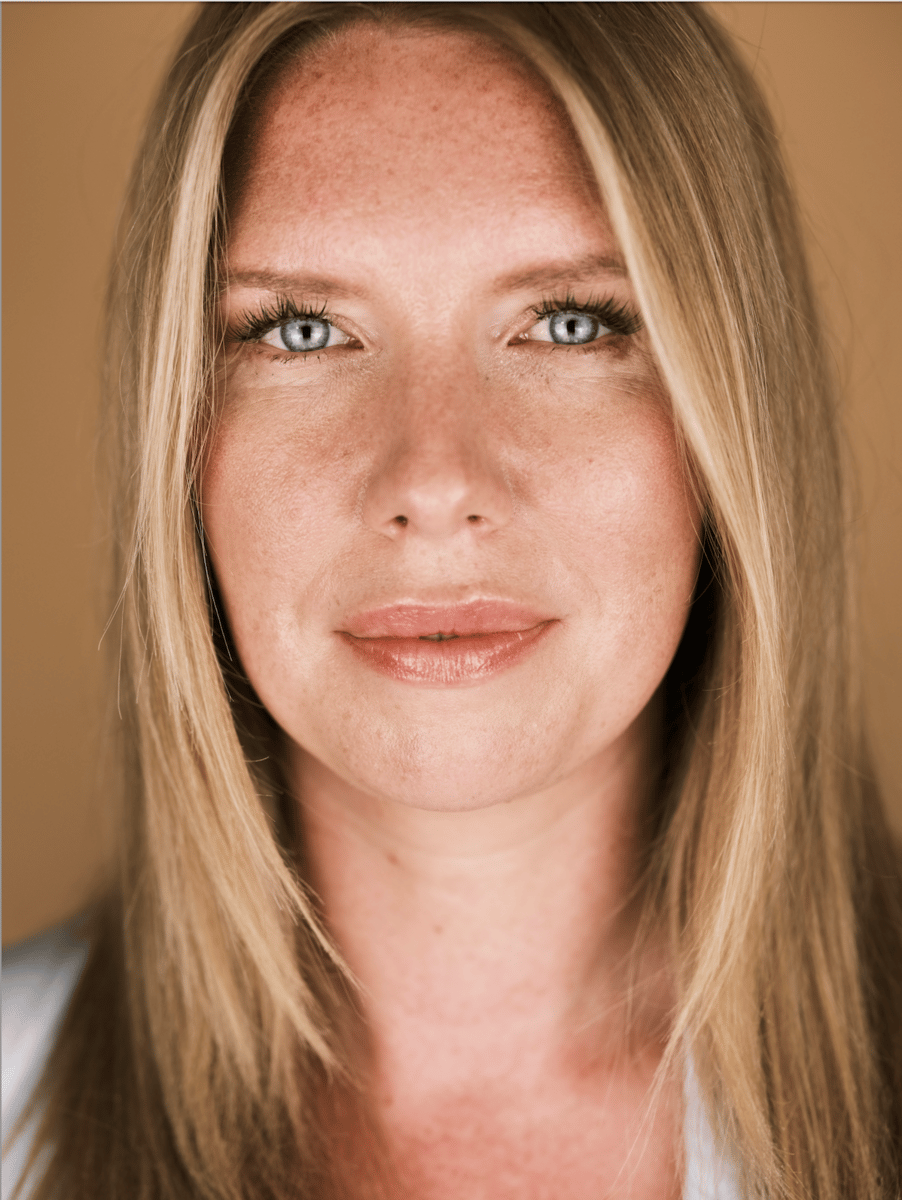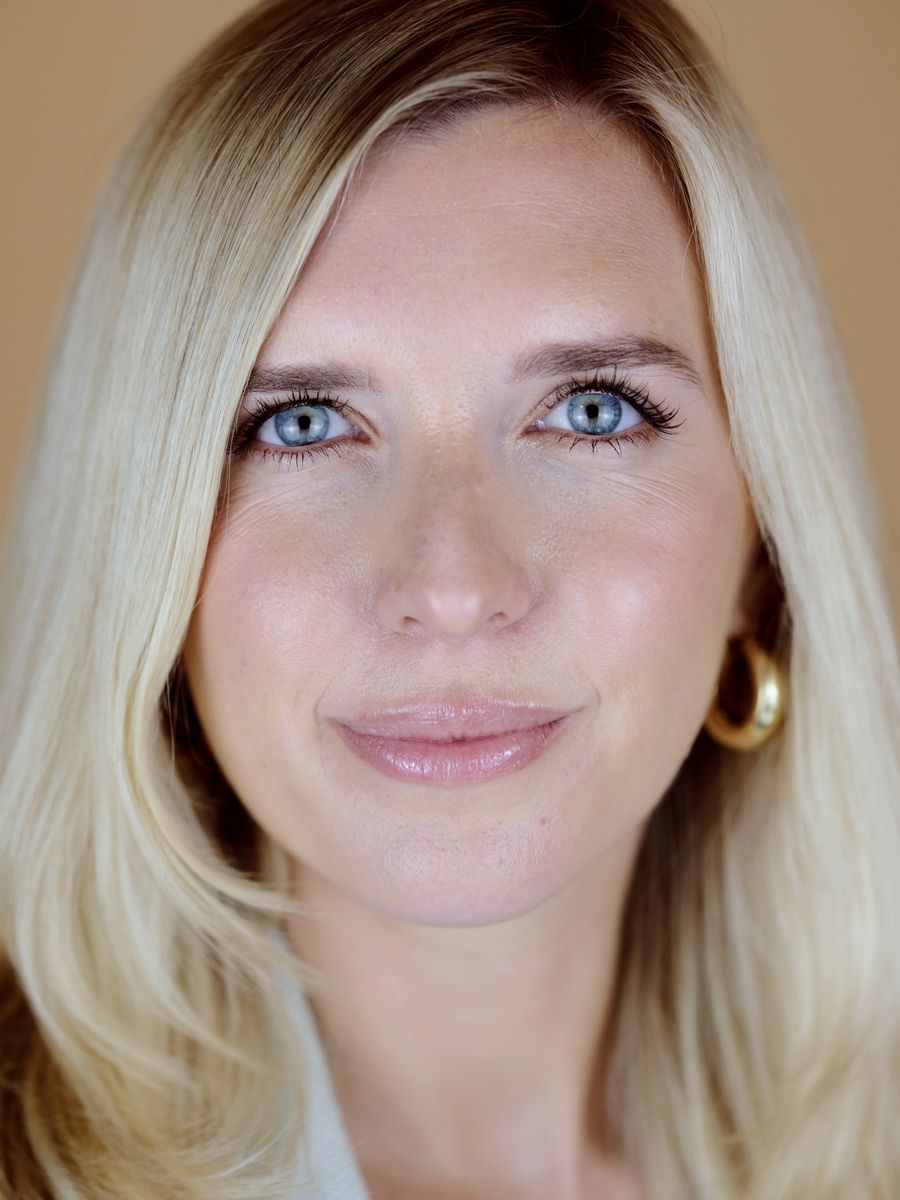It’s been a busy few weeks of big tech earnings. While AI spending dampened the reaction to Meta Platforms’ third quarter results, the digital ad market seems strong overall, with more ad dollars flowing into creator-driven social apps.
Meta’s third quarter ad revenue grew by 26% to $50.1 billion compared to the prior year, while YouTube’s ad revenue rose 15% year over year, surpassing $10 billion for the first time.
YouTube also said that Shorts now earn more revenue per watch hour than long-form content in the US. It’s too soon to say what that means for creator payouts, but it’s strong validation of the format, which many advertisers, investors and creators were previously skeptical of.
Compared to the past few quarters, we heard less talk about economic volatility, which seems to be priced into ad budgets at this point. That doesn’t mean that tariffs and broader economic challenges aren’t weighing on ad spending: Pinterest, for example, blamed “tariff-related margin pressure” among retailers in the US for periods of weaker ad spend during the third quarter.
But advertisers are doing what they always do in times of uncertainty. They’re consolidating more spending into larger digital platforms, particularly Meta, Alphabet and Amazon. While Snap beat Wall Street estimates for total revenue, ad sales were up by just 5% year over year. Snap also generates revenue from its subscription service Snapchat+.
Reddit was an exception: Its third quarter ad revenue jumped 74% year over year to $549 million.
Some platforms also talked up creators. Philipp Schindler, Google’s chief business officer, called out new AI tools that are helping YouTubers build their business and make new content. “Creators go from idea to iteration quicker,” he said, such as with its AI video generator Veo3.
He also emphasized how important YouTubers’ success is to the video-sharing site’s business.
“We often describe YouTube’s business as a flywheel,” Schindler said. “Obviously, it first all starts with the creators, and we have significantly invested here to be the place that YouTube creators really call their home.”
Netflix discussed its recent deal with Spotify to bring on some video podcasts to its service. Executives indicated more such deals were to come, as well as deals with YouTubers.
“We’re going to build into this category like we do with our other categories based on demand signals that we get from our members,” Netflix Co-CEO Greg Peters said of podcasting.
There was one notable exception: Meta executives barely mentioned creators during the earnings call, though it did announce a new milestone for Reels. The short-video format now has an annual revenue run rate of $50 billion, which we put into context in Tuesday’s newsletter.
Still, the third quarter saw hiccups for some of the big tech companies, including those that reported strong ad sales. Meta shares fell by 11% last Thursday after the company raised its costs forecast, marking the stock’s worst day since the ad slump in 2022, according to CNBC.
Part of the problem for Meta could be optics. Meta executives spent much of the call trying to position the company as a leader in the AI race, rather than explain how its AI investments are benefitting its business today. To be fair, we’ve heard that story in previous earnings calls and the company’s third quarter ad revenue growth is hard evidence that AI is paying off in its core business.
But recent fumbles, like CEO Mark Zuckerberg’s failed AI glasses demo at Meta Connect in September, indicate that it still has a lot of catching up to do in the broader AI arena and investors want more. (Meta’s surprise $15.9 billion tax hit in the third quarter didn’t help either.)
Compare that with Snap, which had a lot to prove when it reported earnings on Wednesday after the ad glitch that hurt its second-quarter revenue. The company unveiled a $400 million deal with Perplexity AI that will make it the default chatbot in Snapchat user inboxes. Investors cheered Snap for the partnership, which showed that the company is focused on boosting its core business and diversifying its revenue streams beyond advertising.
Snap CEO Evan Spiegel also said the company is spinning off its Spectacles division into a separate subsidiary as it seeks to develop the technology with partners, something Kaya reported the company was considering in August. That likely also helped to quell investor concerns about its spending on AR and wearable devices.
Looking ahead to the rest of 2025, much of the momentum in the digital ad market will likely continue to come from big tech players, especially if we start to see the full effects of tariffs play out for brands and consumers. The good news is that two of the winners in that environment—Meta and YouTube—are also among the most powerful platforms in the creator economy.
In other news…
The Round Up
Spotify said it now has nearly 500,000 video podcasts. That’s up almost double from June 2024. Spotify also said more than 390 million users have streamed a video podcast on its music streaming service, up 54% from a year ago.
LTK, the creator commerce app, is rolling out a way for brands to have a profile on the service. It’s the latest move by the app to be more similar to social platforms and gives brands a bigger presence there.
Vox Media’s board has discussed potentially spinning out its podcast network from its publishing business, Axios reported. Read more about how news outlets are working with creators in Tuesday's newsletter.
Chewy, the pet food and supply retailer, has signed on more than 600 creators to create custom storefronts with their product recommendations ahead of the holidays.
Regulatory Woes
Reddit and livestreaming service Kick were added to Australia’s social media ban for kids under 16, which goes into effect next month. The ban will cover nine platforms, including YouTube, TikTok, Snapchat and Instagram.
TikTok is being investigated in France over risks that its algorithm could push young people to suicide. A TikTok spokesperson told Reuters it “strongly” refutes the accusations and “will vigorously defend our record.”
Creator Moves
The NFL is planning to have more creators host alternative broadcasts of games this season, particularly in markets outside the US as it looks to reach new types of fans. “With the international games, the rights aren’t as tied up so we can experiment more,” Ian Trombetta, the NFL’s senior vice president of social, influencer and content marketing, told Digiday.
Creator Camp, a production studio founded by YouTubers Max Reisinger, Simon Kim and Chris Duncan, signed a deal with Attend to bring three of its films to movie theatres. Attend connects independent filmmakers with movie theaters. It’s the latest example of how creators are expanding outside of social media and looking to traditional venues to show their work.
AJ Frucci, a former ad sales executive at Axios, Puck and Vox Media, launched a new collective helping independent journalists nab sponsorship deals. His clients include Alex Heath, Alex Kantrowitz, Casey Newton and Alex Konrad, who all worked at news outlets like The Verge and Forbes before starting their own publications.



